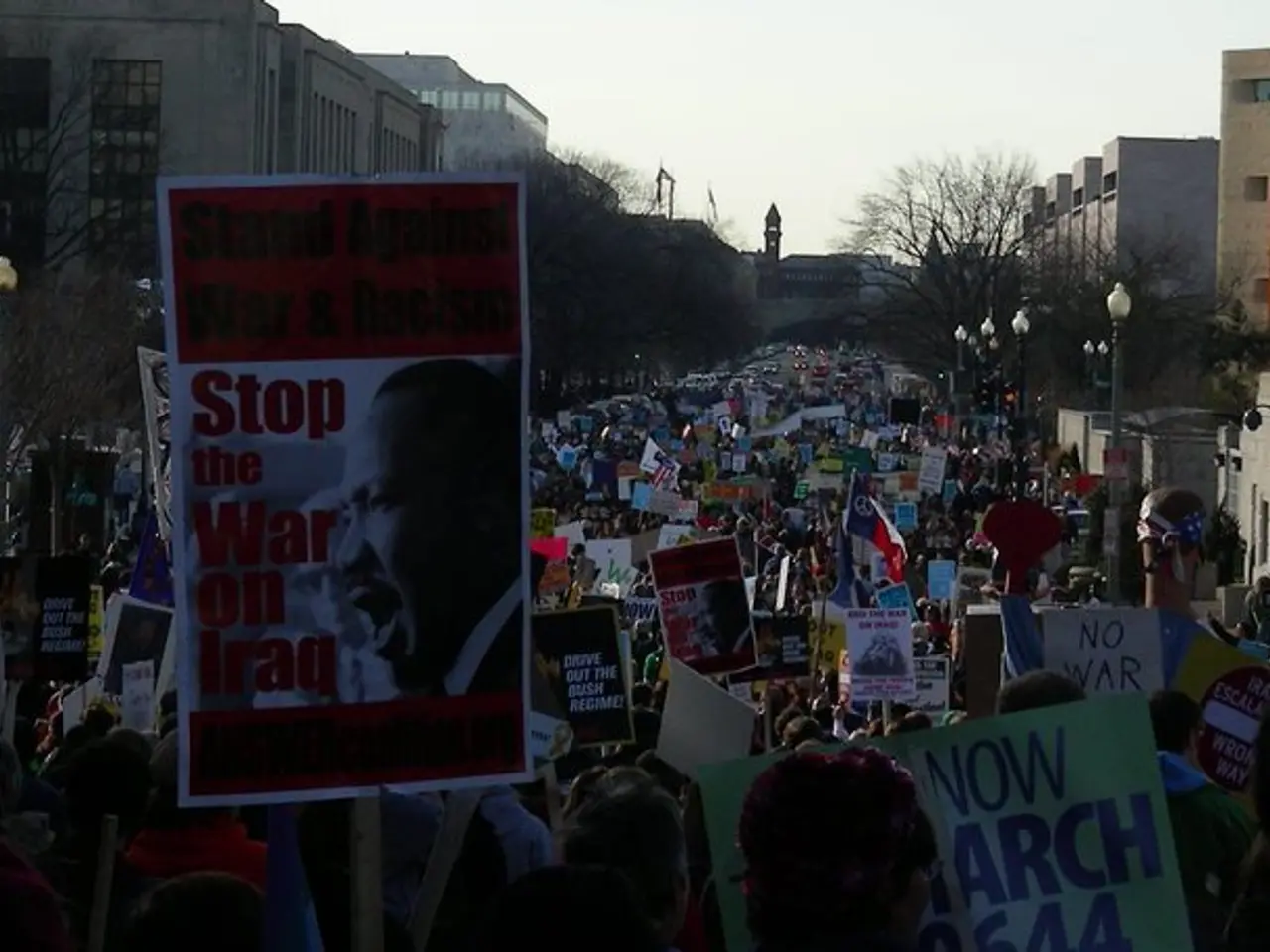Belarusian Protests: A Look at the Current State Five Years Later
Five years ago, Belarus witnessed its largest popular uprising in history. Hundreds of thousands of citizens, including women, students, workers, and professionals, took to the streets in response to the rigged presidential election results, demanding change.
However, the authoritarian regime of Alexander Lukashenko, who has been in power for over a quarter of a century, tightened its grip following the protests. Repression intensified, with over 60,000 people being imprisoned, many beaten, and independent media severely curtailed. Belarus is now among the most dangerous countries for journalists in Europe.
Lukashenko's Alliance with Russia
In an effort to further isolate Belarus from Western democracies, Lukashenko strengthened his alliance with Russia. This strategic pivot saw Belarus supporting Putin's invasion of Ukraine by providing military bases and prisoner-of-war camps. Notable opposition leaders, such as Sviatlana Tsikhanouskaya, were forced into exile, advocating for democracy from abroad. The opposition strives to keep the resistance alive but heavily depends on Western support.
Political Prisoners and Sanctions
Lukashenko has stated he is willing to release several thousand political prisoners in exchange for concessions from the West. Some Western countries have discussed lifting sanctions as part of an exchange to end the migration crisis and release political prisoners in Belarus. However, Belarus has not been and is not a priority for the West, and there has been no sign of serious willingness to get involved so far.
The Role of Activists
Prominent activists like Maria Kolesnikova, a musician-turned-activist, are currently serving prison sentences in Belarus. Ales Bialiatski, a human rights activist and Nobel Prize laureate, is working six days a week in a penal colony. Viktor Babaryka, a banker and philanthropist, is serving a 14-year prison sentence.
The Impact of COVID-19
People were also angered by the authorities' lack of steps to protect the population against the COVID-19 pandemic and the arrest of opposition presidential candidates and thousands of citizens. The protests were sparked by the results of the August 9, 2020, presidential election, which was rigged in favor of Lukashenko.
Despite the massive, peaceful uprising and widespread domestic and international support for change, the Belarusian population continues to face repression, but the opposition persists outside the country, seeking international assistance to eventually push for democratic change.
Digital Footprints and the Future
Digital traces of the mass protests in Belarus have vanished, making it increasingly difficult for the regime to hide the enormous scale of the repression. As the years pass, it remains to be seen whether the Belarusian people will continue to resist and whether the international community will take more decisive action to support their struggle for democracy.
- The ongoing political crisis in Belarus has attracted global attention, with instances of the struggle for democracy being covered extensively in the general news and media.
- The increased repression in Belarus under Lukashenko has raised concerns about human rights violations, especially in the context of war-and-conflicts and European politics.
- As the world grapples with various issues, including migration and global affairs, the situation in Belarus continues to pose a challenge, particularly in light of its alliance with Russia and its impact on nearby Eastern European countries.
- In Asia and beyond, there is growing interest in the Belarusian population's resistance against oppressive rule, as their struggle serves as a testament to the power of peaceful uprisings and the hope for democracy and freedom.








